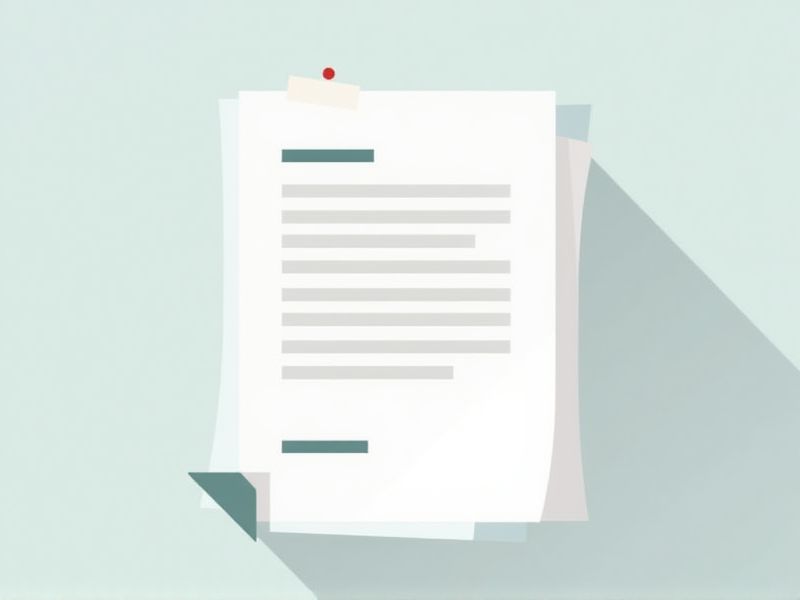
When writing a letter of enquiry, it is essential to follow a clear and professional format to ensure your request is understood and receives a prompt response. Start with your contact information, followed by the date and the recipient's details. Use a polite greeting and clearly state the purpose of your enquiry in the opening paragraph. Provide specific questions or information you need in the body of the letter, maintaining a courteous and concise tone throughout. To help you craft effective enquiry letters, explore the various templates available in this article.
Samples of letter format for enquiry
Professional Letter Format For Enquiry
Formal Letter Format For Enquiry
Business Letter Format For Enquiry
Letter Format For Product Enquiry
Letter Format For Job Enquiry
Letter Format For Service Enquiry
Letter Format For Price Enquiry
Letter Format For Information Enquiry
Letter Format For Rental Enquiry
Letter Format For Admission Enquiry
Letter Format For Complaint Enquiry
Letter Format For Feedback Enquiry
Letter Format For Partnership Enquiry
Letter Format For Sponsorship Enquiry
Letter Format For Internship Enquiry
Letter Format For Supplier Enquiry
Letter Format For Loan Enquiry
Letter Format For Research Enquiry
Letter Format For Event Enquiry
Letter Format For Warranty Enquiry
Important Things to Know when Writing Letter Format For Enquiry
Clear Subject Line
A clear subject line is essential for an effective enquiry letter, as it immediately informs the recipient of your intention and purpose. It should be concise yet descriptive, allowing the reader to grasp the content without having to open the email. By incorporating relevant keywords, you increase the chances of your message being prioritized among other communications. This small but crucial detail not only helps convey professionalism but also facilitates a prompt response to your inquiry.
Proper Salutation
A proper salutation is crucial in the format of an inquiry letter, as it sets the tone for your communication. Addressing the recipient by their title and last name, such as "Dear Dr. Smith," demonstrates respect and professionalism. If you are unsure of the recipient's gender, using their full name without a title, like "Dear Taylor Johnson," can be a safe alternative. This attention to detail in addressing your inquiry reflects your seriousness and enhances the likelihood of a favorable response.
Concise Introduction Stating Purpose
A concise introduction in an enquiry letter clearly outlines the purpose of your communication, setting the tone for the rest of the document. This section should immediately inform the recipient why you are reaching out, whether it's to request information, seek clarification, or express interest in a service. Keeping it brief yet informative helps to capture the reader's attention and ensures they understand your intentions right from the start. A well-crafted introduction can significantly enhance the effectiveness of your enquiry and improve the chances of a prompt response.
Specific Questions Or Information Requested
When writing an enquiry letter, it is essential to clearly state your specific questions or the information you seek. This helps the recipient understand your needs and provide a focused response. Be concise yet detailed, outlining any relevant context that may assist in addressing your enquiry. Your clarity in communication not only improves the chances of receiving accurate information but also reflects your professionalism.
Polite Closing With Contact Details
A polite closing is crucial in an inquiry letter, as it leaves a positive impression on the recipient. Conclude your letter with a courteous phrase, such as "Thank you for your time and consideration" or "I look forward to your response." Including your contact details is essential, as it ensures that the recipient can easily reach you for further communication. Always double-check that your information is accurate and up-to-date to facilitate a seamless exchange.
